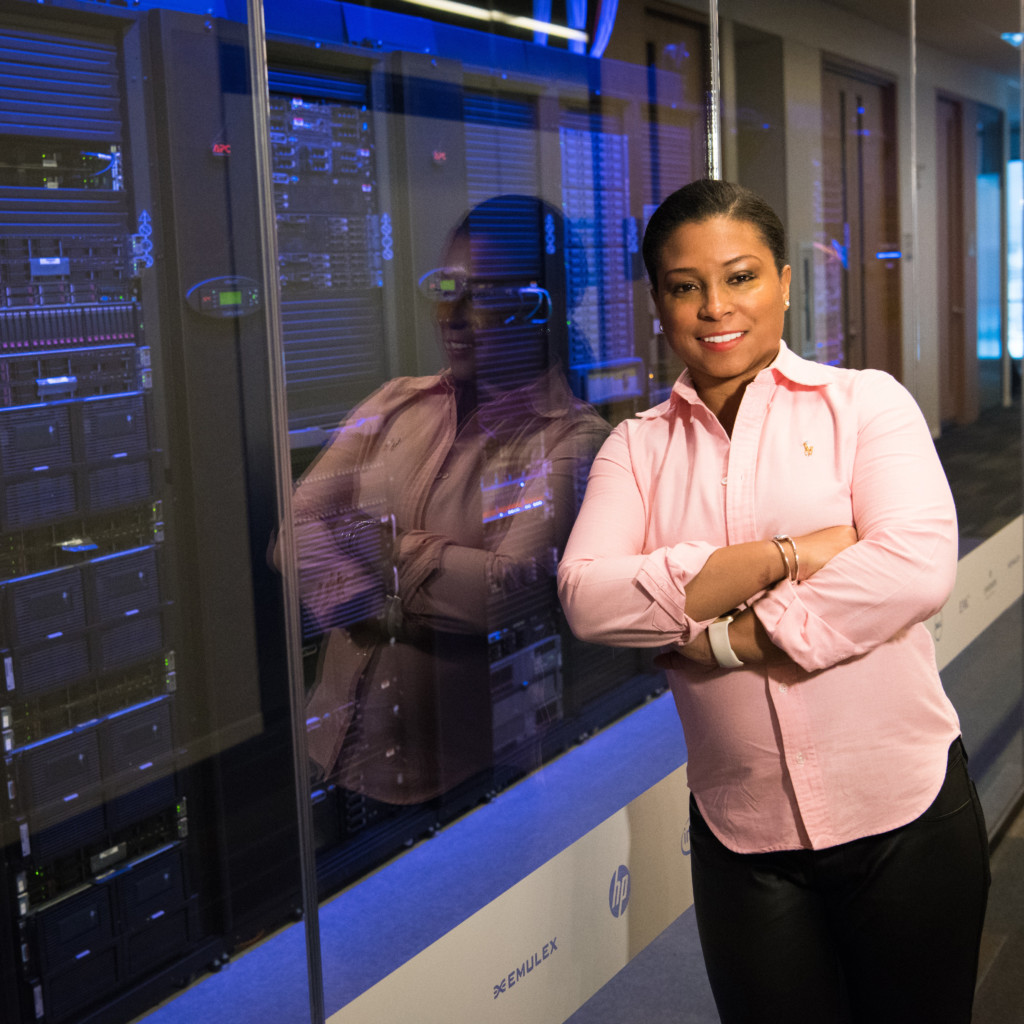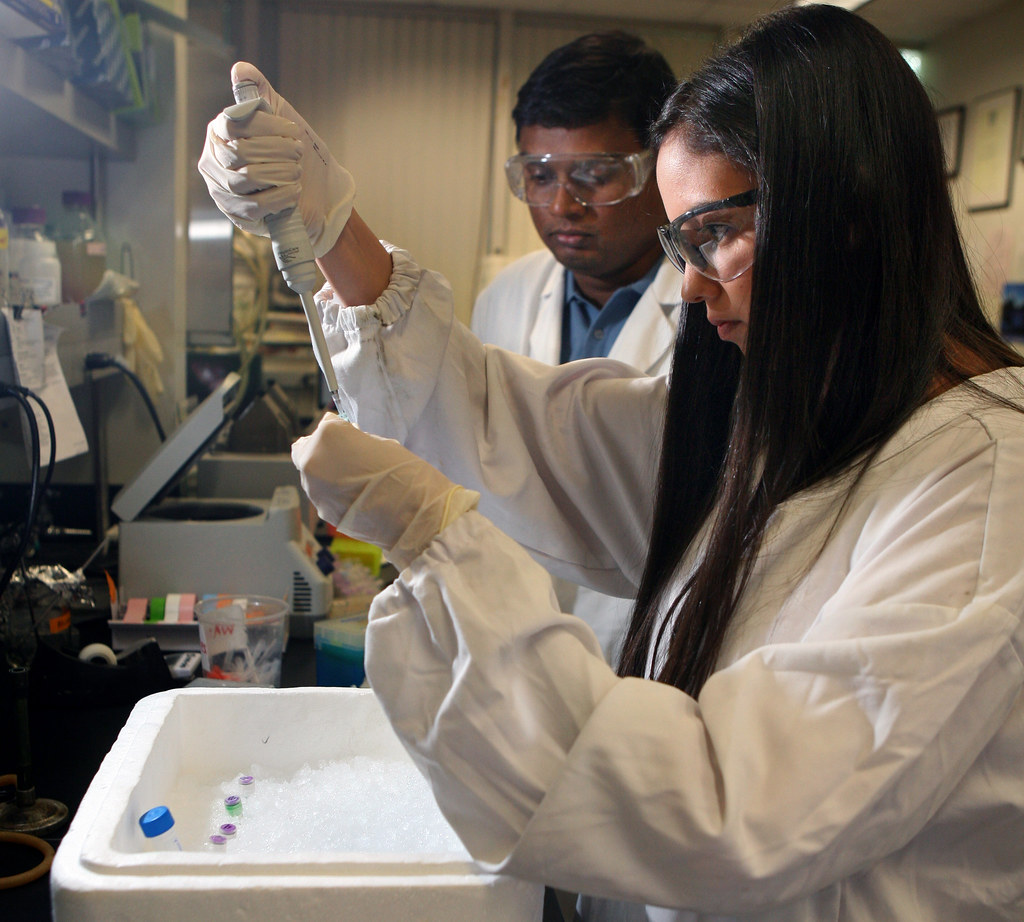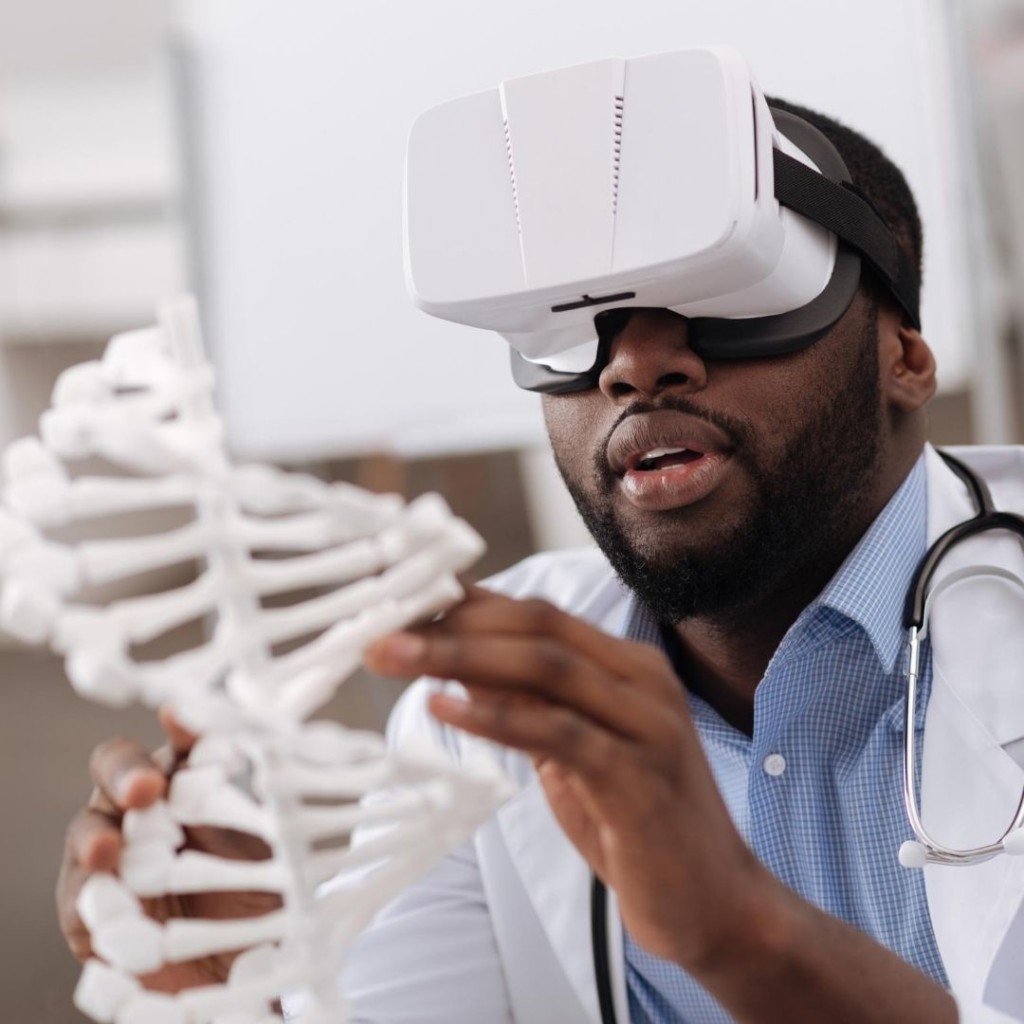PVAMU utilizes Title III funds to strengthen scholarly opportunities, increase the research enterprise, and ensure learning environments are optimized for success. Title III has supported a number of projects that contribute to the University’s goal of teaching, research, and service.
Integration of Technology to Enhance STEM Teaching and Learning for the Acquisition of 21st Century Skills

The proposed activity, “Integration of Technology to Enhance STEM Teaching and Learning for the Acquisition of 21st Century Skills” is designed to effect long-term improvement in biology education and to increase the number of underrepresented minorities in diverse biology STEM careers. The proposed activity will enhance 21st-century skills (critical thinking, communication, collaboration, creativity and innovation, information technology application, leadership, professionalism/work ethic, and career management) in selected biology courses. Strategies to be used include implementing: 1) relevant knowledge and hands-on laboratory skills for real-world STEM applications, 2) collaborations through teamwork active learning and 3) courses and activities to increase students’ engagement, accountability, and pathways to STEM careers.
Contact:
Deirdre Vaden, Ph.D., Associate Professor, Email: dlvaden@pvamu.edu, Phone: 936.261.3172
Enhancement of Analytical Chemistry Facilities to Improve Curriculum and Student Participation

Access and exposure to modern, analytical laboratory instrumentation are essential for developing students’ critical thinking skills as individuals and as scientists. Because the field of chemistry is a central science to all STEM disciplines, a well-developed Analytical Chemistry laboratory provides numerous opportunities to serve as a multidisciplinary platform for students from various departments and colleges at PVAMU to learn the principles, concepts, and practices of chemical analysis. Research has shown that well-equipped laboratories are more likely to lead to increased overall student performance in STEM education, which can also positively impact career preparedness, spanning the career spectrum in STEM fields. Therefore, we seek to acquire the necessary instrumentation to augment current deficiencies by introducing a modernized instructional and research experience to students and the university. As a result of instrument acquisition, the analytical laboratory in the Department of Chemistry will serve as a centralized location for providing improved research education and research for students in STEM. It will heighten university visibility on a local, state, and national level through publishing and presenting research outcomes.
Contact:
Marco Giles, Ph.D., Assistant Professor, Ph.D., Email: mdgiles@pvamu.edu, Phone: 936.261.3110
The Development of the Online Masters of Social Work (MSW) Degree Program

The Coronavirus Pandemic (COVID-19), a health crisis of racism and injustice, police brutality, and police reform have triggered a call for more advanced level social workers. The call is for Master-level social workers, who are culturally sensitive to work competently with diverse group of individuals, families, groups, organizations and communities, in managing crises and problems. This activity addresses the critical shortages of advanced level African American social workers in Texas and the need to produce Master of Social Work (MSW) graduates who are trained in culturally relevant social work practice in one of two specializations: (a) Medical and (b) Behavioral Health.
Prairie View A&M University’s MSW Program will be among 18 other MSW programs in Texas but the only MSW program in Texas offered at a historically Black college/university and the only MSW program in Texas with a medical social work and behavioral health concentration. No MSW program, to date, has a focus on African-American/Black populations, despite the apparent need. Our program uniquely fills this gap.
Contact:
Beverly Spears, Ph.D., Assistant Professor, Email: baspears@pvamu.edu, Phone: 936.261.1674
Life Science Interdisciplinary Learning Center (LSILC)

The proposed activity will enable the STEM life sciences (Biology, Chemistry, and Physics) to better prepare minorities entering the STEM fields. The activity will build laboratories that will provide an environment for traditional and interdisciplinary instruction. The laboratories will (1) support current needs for undergraduate STEM Life Science programs, (2) integrate innovative technology into undergraduate programs, (3) facilitate the development of upper-level interdisciplinary courses between life sciences and other STEM areas, and (4) build pipelines with the private sector for student internships and job placement.
Contact:
Cleveland O. Lane, Jr., Ph.D., Associate Professor of Practice, Email: colane@pvamu.edu, Phone: 936.261.3173
